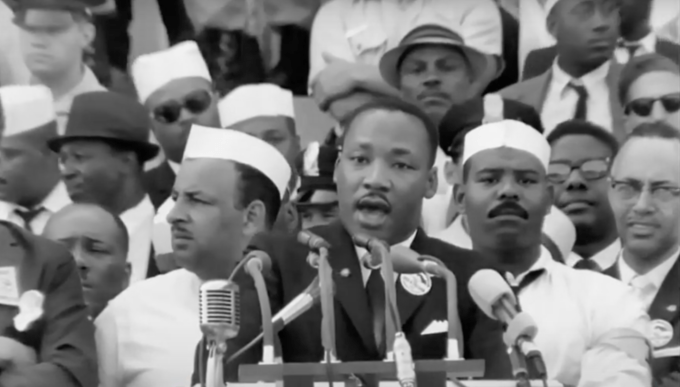
By Eric Mann— “Dr. DuBois was a radical all of his life. Some people would like to mute the fact that he was a genius who became a Communist in…

By Eric Mann— “Dr. DuBois was a radical all of his life. Some people would like to mute the fact that he was a genius who became a Communist in…
By Ed Bell, Clementine Briand, Pierce Freelon, Jonathan Halperin, Aaron Keane and Drew Takahashi— EPISODE 1 The white “race” was invented by rich Virginians in 1676 in the aftermath of…
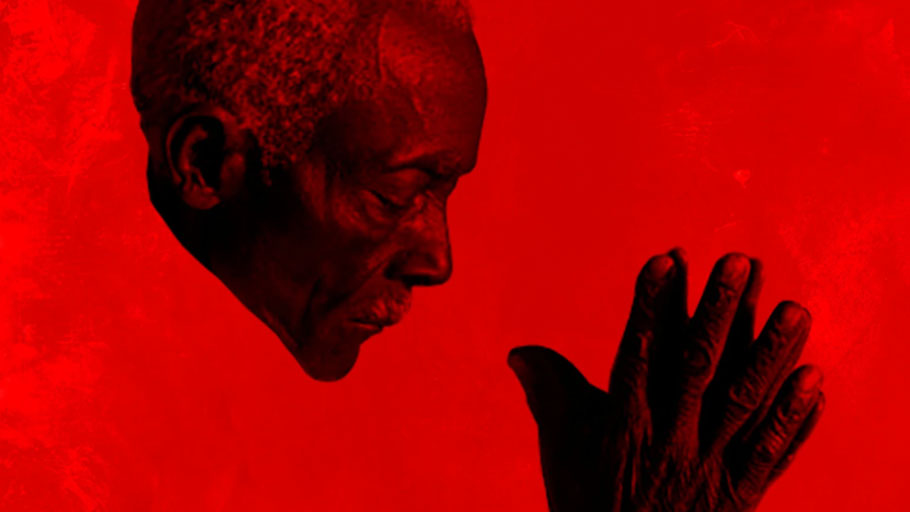
By Patricia Yosha— Race Matters. At the beginning of 2020, the Social Justice Committee of the First Unitarian Universalist Society of Exeter (FUUSE) sponsored two community discussions on racial issues…

Black people have known forever that White people’s commitment to true democracy can be fickle By Anneliese M. Bruner, The Lily — As a Black woman in America, I’ve been…

In a suburb of Chicago, the world’s first government-funded slavery reparations programme is beginning. Robin Rue Simmons helped make it happen – but her victory has been more than 200…
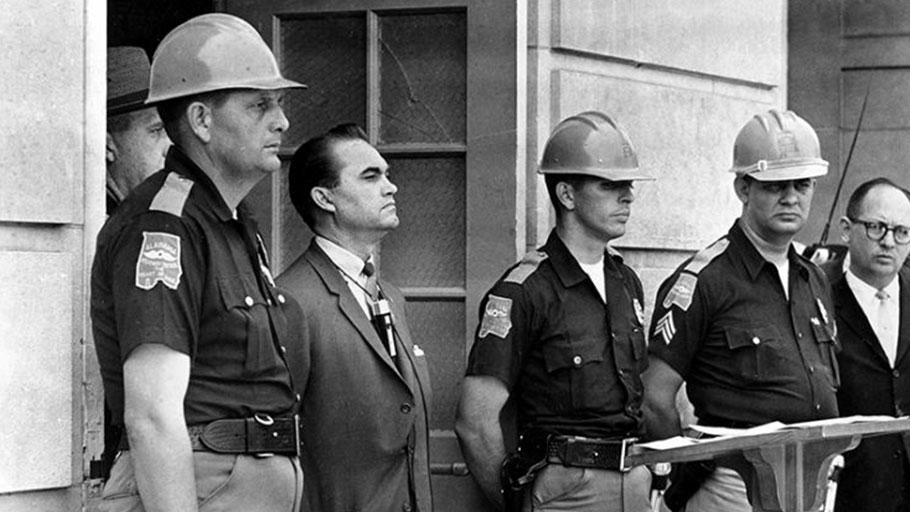
In a political season of dog whistles, we must be attentive to how talk of American freedom has long been connected to the presumed right of whites to dominate everyone else. By Jefferson Cowie, Boston Review — “Segregation now, segregation tomorrow, segregation forever!” Alabama governor George Wallace’s most famous sentence fired through the frigid air on the coldest day anyone in the state could remember. His 1963 inaugural address—written by a…

Police violence linked to segregated housing. By Charlene Crowell — The August 23 police shooting of an unarmed Black man in Kenosha, WI, triggered yet another round of community protests and national news coverage of a Black man. A series of multiple gunshots fired by a local police officer, were not fatal for 29-year old Jacob Blake; but may have permanently paralyzed him from the waist down. Days later on…

By Earl Ofari Hutchinson — You could have mailed this one in. The “this” is the cynical, calculated, cold hearted, factually challenged assertion that Jacob Blake was really the bad…

By comparing white supremacy in the U.S. to the caste system in India, her new book at once illuminates and collapses a complex history. By Sunil Khilnani, The New Yorker — As the summer of 1958 was coming to an end, Martin Luther King, Jr., was newly famous and exhausted. All of twenty-nine years old, he had been travelling across the country for weeks promoting his first book, “Stride Toward…
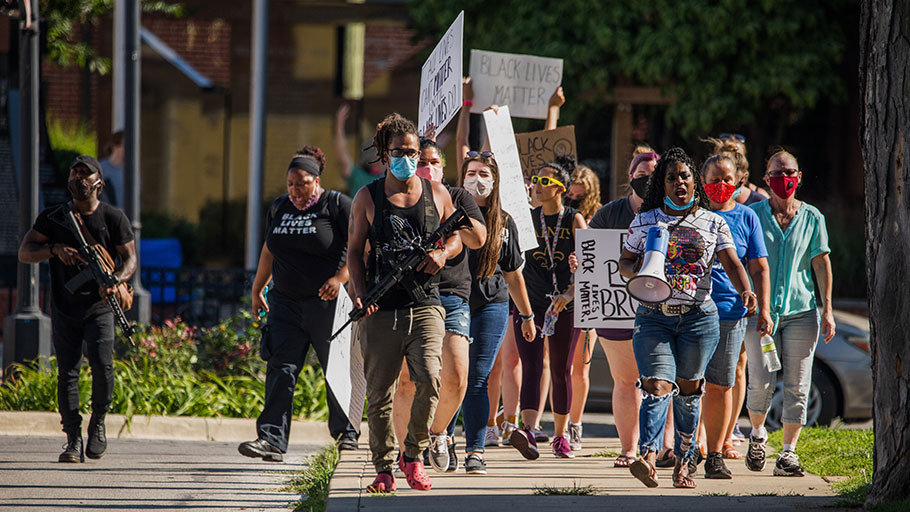
In principle, white Americans support efforts to end racism. But in practice, they have long been unwilling to support the fundamental change needed to do that. Will this year’s events…
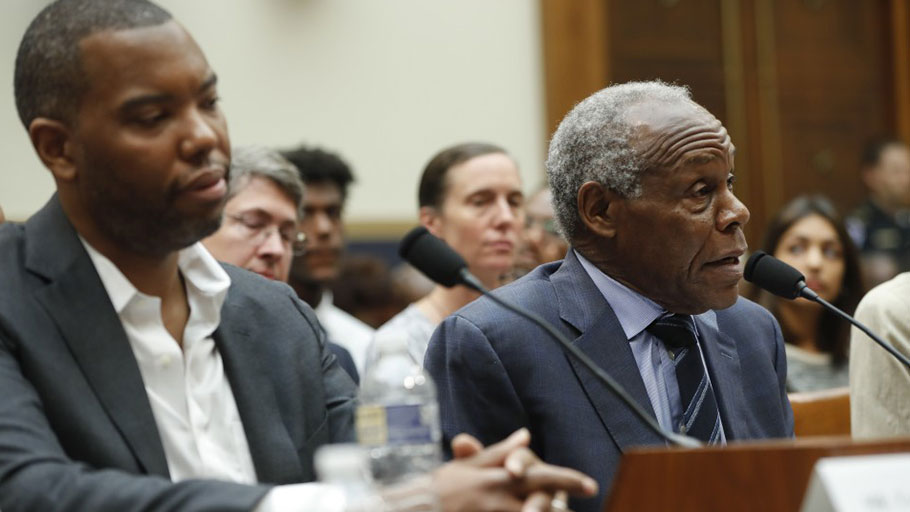
By Christiana Best-Giacomini, Hartford Courant — When most Americans hear “affirmative action,” they often think the phrase is referring to a policy that protects African Americans. What many Americans don’t know is that affirmative actions are policies that were made by white people, to benefit white people, exclusively. Moreover, due to the insidious nature of how these policies and practices are integrated into American institutions and culture, white people continue…

By Marc Parry, The Chronicle of Higher Education — As Shirley N. Weber built the Africana-studies department at San Diego State University in the 1970s, she spent lots of time defending…